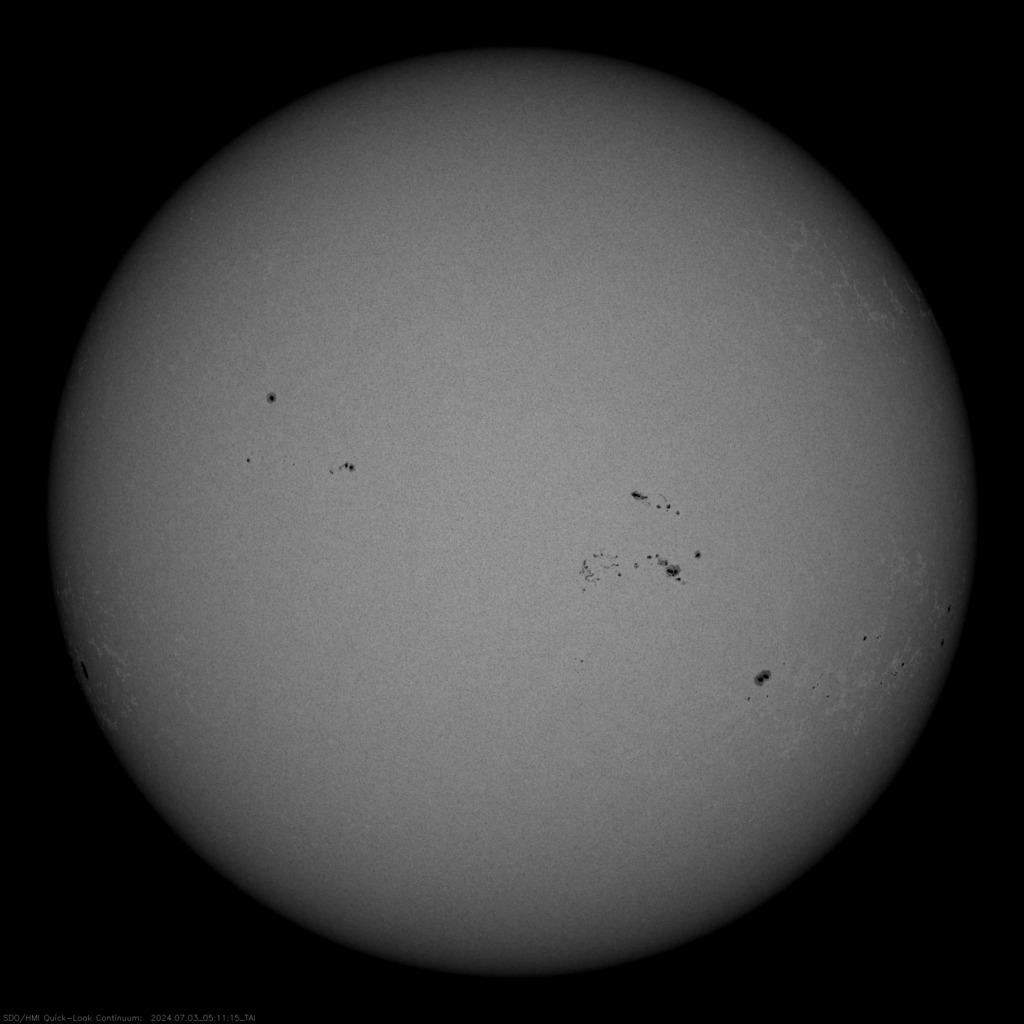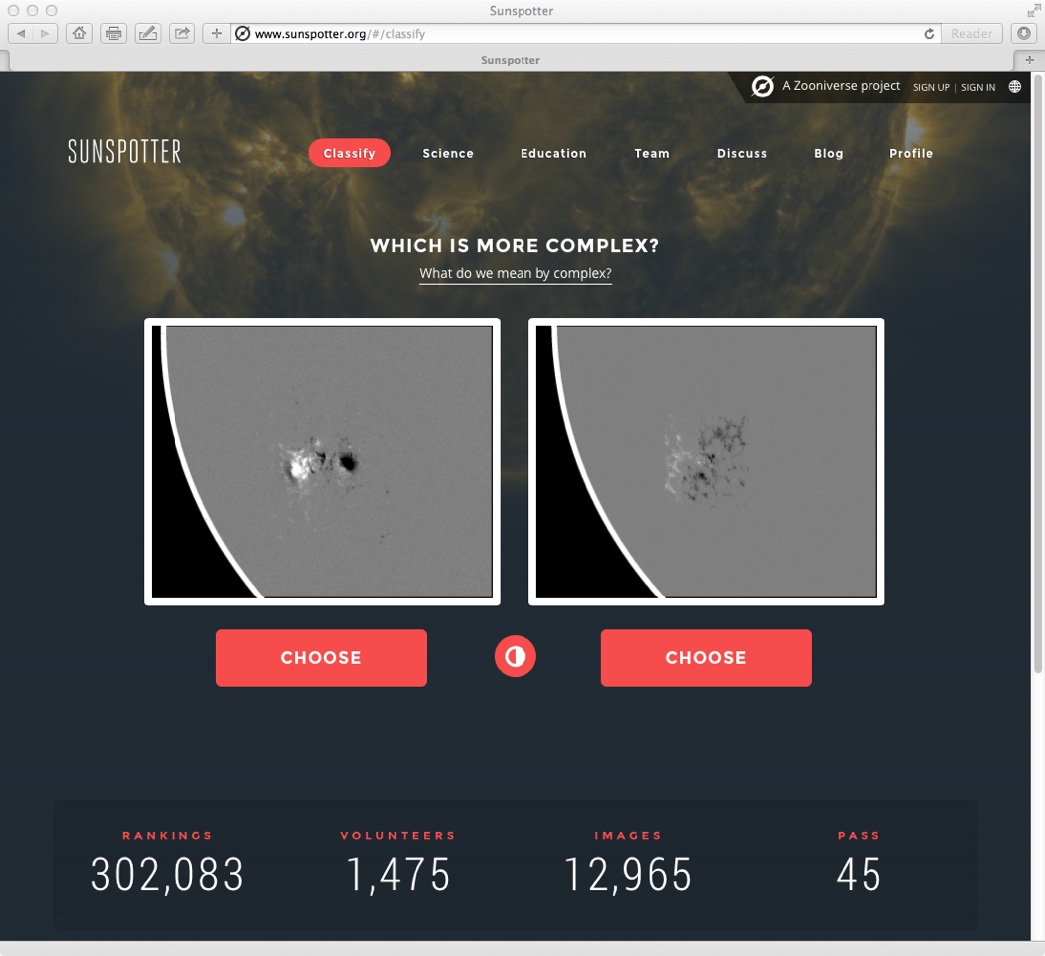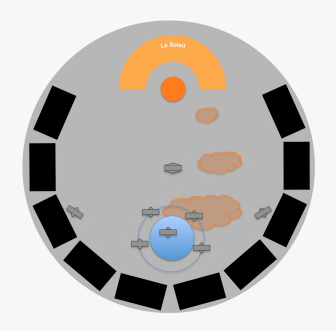Please find below a collection of resources for public engagement activities. It covers both materials related to the FLARECAST area of specialization – solar flare forecasting – and materials related to the wider field of solar research.
The materials have been chosen to support scientist – public interactions in informal learning situations. The children’s workshops at the end of this section have particularly been designed for the FLARECAST project, yet, can be used in other contexts, as well.
Anyone is welcome to use the resources in ways that fit their particular outreach situations.
Project partners are kindly asked to send any education and outreach materials you wish to share to Hanna so I can publish them here.
USEFUL MATERIALS TO HAVE AT HAND AT PUBLIC EVENTS
– a Sunspotter Solar Telescope
– all kinds of scale models
– Sun-Earth-Moon model with lamp
– basic informations such as size and temperature of the Sun on tablet
– short videos on solar storms, magnetic reconnection etc. on tablet
– near real-time solar data such as from SolarMonitor or Helioviewer
MOVIES EXPLAINING BASIC CONCEPTS
SOLAR FLARES
Powerful X-class flares create radiation storms that produce auroras and can give airline passengers flying over the poles small radiation doses.
Information and more visual materials: NASA Science Visualization Studio
THE DIFFERENCE BETWEEN CMES AND SOLAR FLARES
Coronal mass ejections (CMEs) and flares are both solar events, but they are not the same. This video shows the differences between the two by highlighting specific features of each.
Information and more visual materials: NASA Science Visualization Studio
CORONAL MASS EJECTION VISUALIZATION
A coronal mass ejection erupts from the Sun and propagates out through the Solar System.
Credits: NASA/Goddard Space Flight Center/CI Lab
Information and more visual materials: NASA Science Visualization Studio
SPACE WEATHER ANIMATION
This movie takes us on a space weather journey from the center of the sun to solar eruptions in the sun’s atmosphere all the way to the effects of that activity near Earth.
Credits: Conceptual Image Lab, NASA/Goddard Space Flight Center
Information and more visual materials: NASA Science Visualization Studio
CORONAL MASS EJECTION STRIKES EARTH
Energetic events on the Sun have impacts throughout the Solar System.
Credits: NASA/Goddard Space Flight Center Scientific Visualization Studio
Information and more visual materials: NASA Science Visualization Studio
An animated introduction to Space Weather for the Space Weather Public Dialogue project.
ACTIVITIES RELATED TO SOLAR MAGNETIC FIELDS AND SOLAR FLARES
FEEL THE INVISIBLE FORCE OF MAGNETIC FIELDS
Glue a strong neodymium magnet to each side of two wooden blocks that can easily be held by children’s hands for feeling attracting and rejecting magnetic forces. We use several pairs of these.
MAKE MAGNETIC FIELDS VISIBLE
Make a magnets-iron filings frame. The iron filings look like the magnetic fields around the sunspots.
Kids enjoy playing with them.
Instructions magnetic fields experiment
MATCH MAGNETOGRAMS AND UV-IMAGES (AIA 171)
Print images, spread them out on a table, have participants match each an uv-image to a magnetogram. Images:SDO
MAGNETOGRAMS: EXPLOSIVE OR NOT?
Print images, pile them, put one at a time on the table, have participants judge if the magnetic configuration is explosive or not. Images: SDO/SOHO
MAKE A MAGNETIC SUN
ADD-ONS FOR THE MAGNETIC SUN
- A magnetic loop: fasten feet to nuts
- Explosive when touching
- A flare – the brightest spot on the Sun
- A solar storm that may spread out through space: fasten foot to nut
THE VERY ACTIVE MAGNETIC SUN!
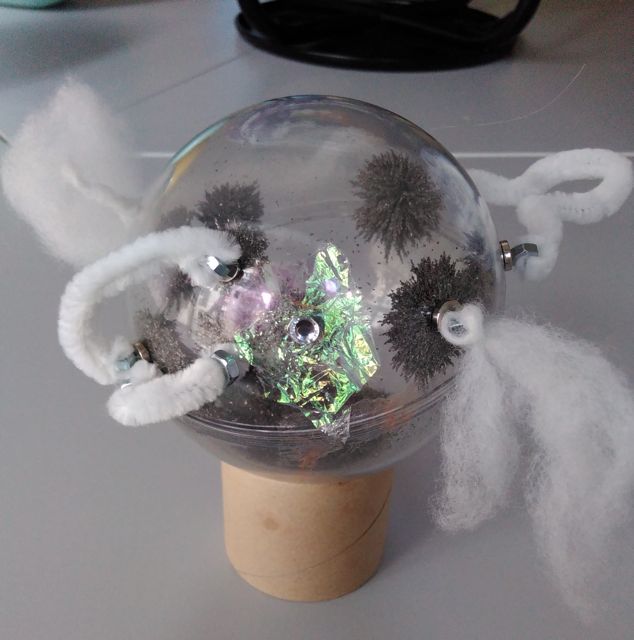
MORE ACTIVITIES THAT WORK AT PUBLIC EVENTS
Visitors, in particular families, enjoy making something together.
The activities suggested below have all been tested.
The preparatory effort varies with the flipbooks requiring the least.
MAKE A FLIPBOOK FROM SOLAR DATA
Works even at larger events.
Make sure to bring enough prints and scissors.
Print flipbooks
> Sunspots
> Solar eruption
> Solar storm
CREATE A SUN-EARTH MODEL
For smaller events.
If you want to do the luxury version, make models with magnetic Sunspots.
> Instructions Sun-Earth model
DO YOUR GLASSES PROTECT YOU FROM UV-LIGHT?
Have visitors test their sunglasses (and other materials) using UV-beads.

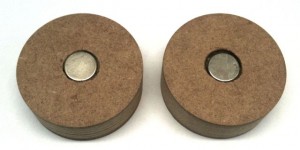
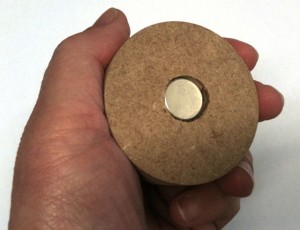

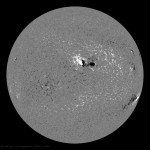
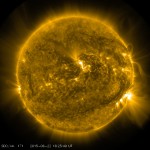
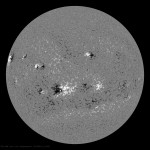
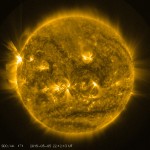
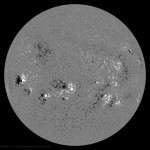
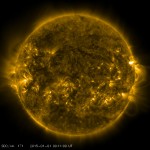
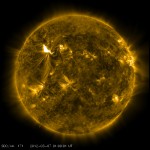
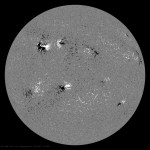
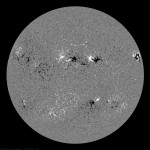
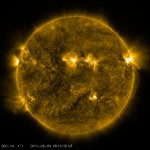
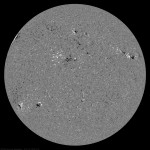
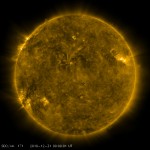
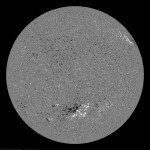
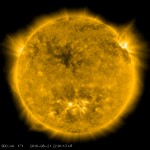
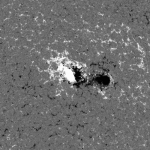
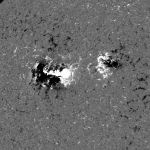
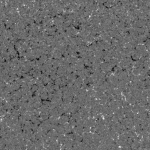
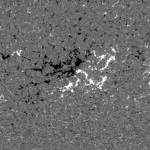
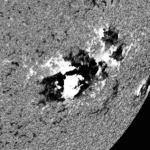
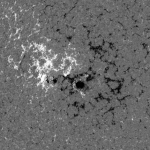
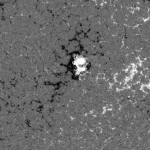
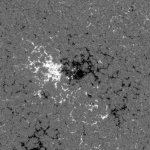
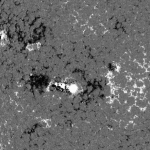
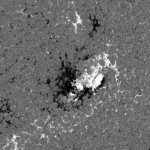
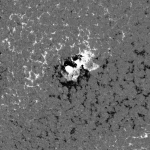
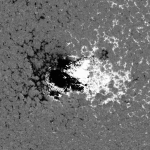
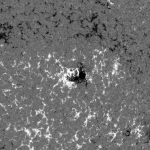
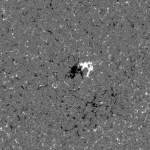
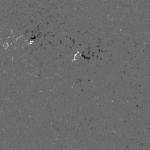
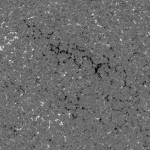
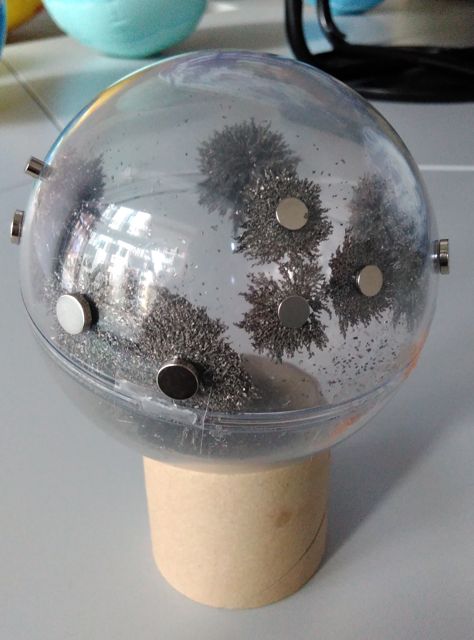
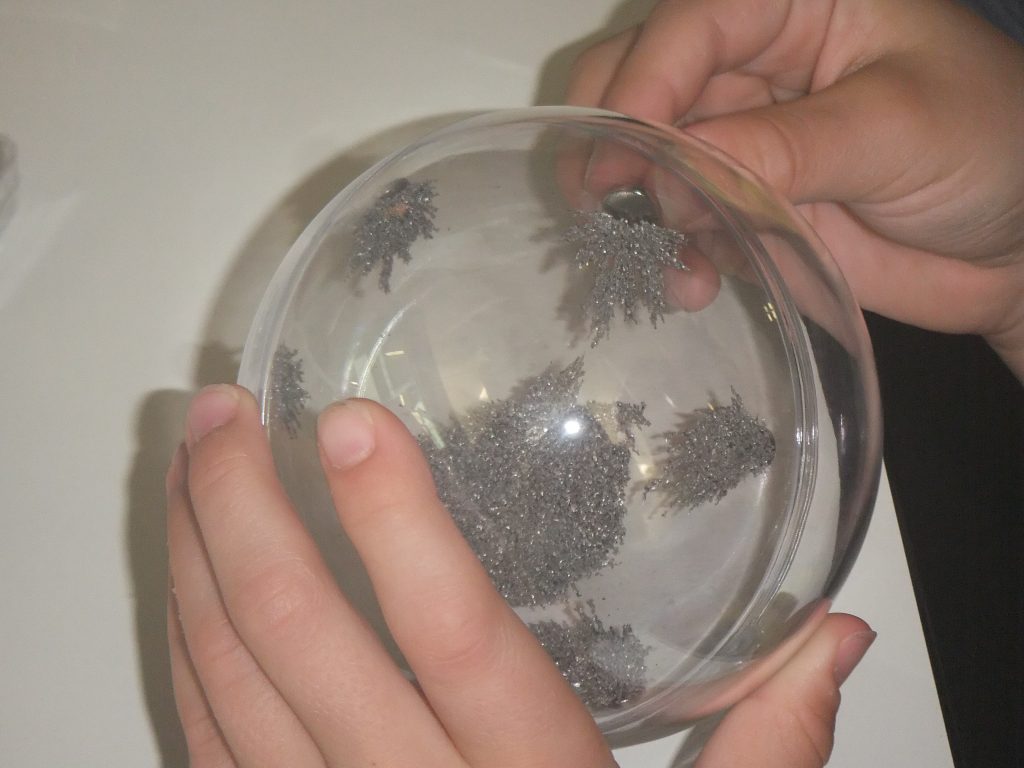


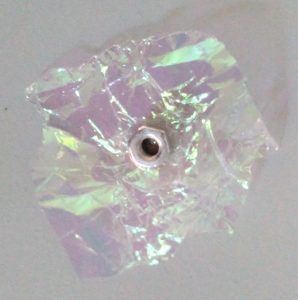
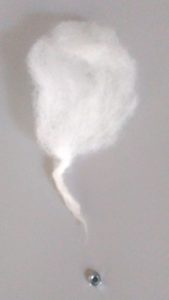



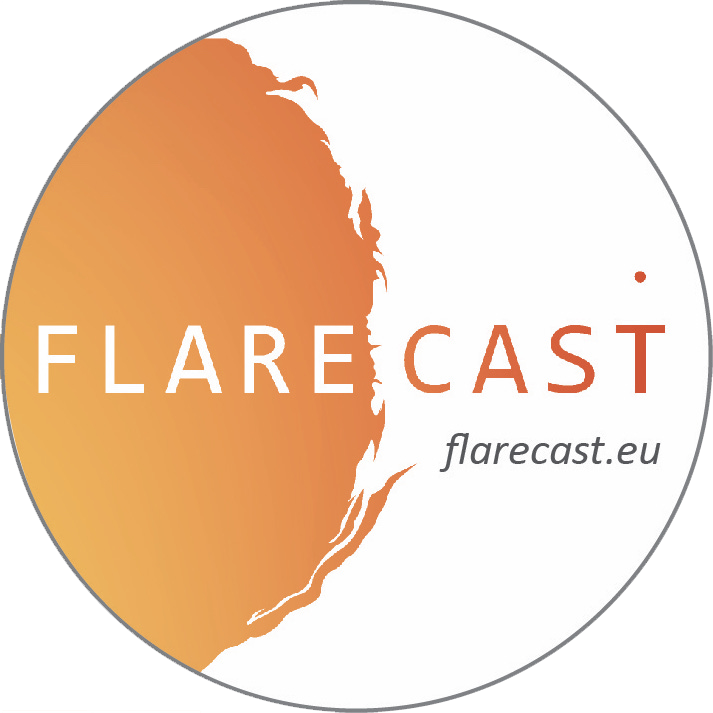 FLARECAST outreach on SlideShare
FLARECAST outreach on SlideShare